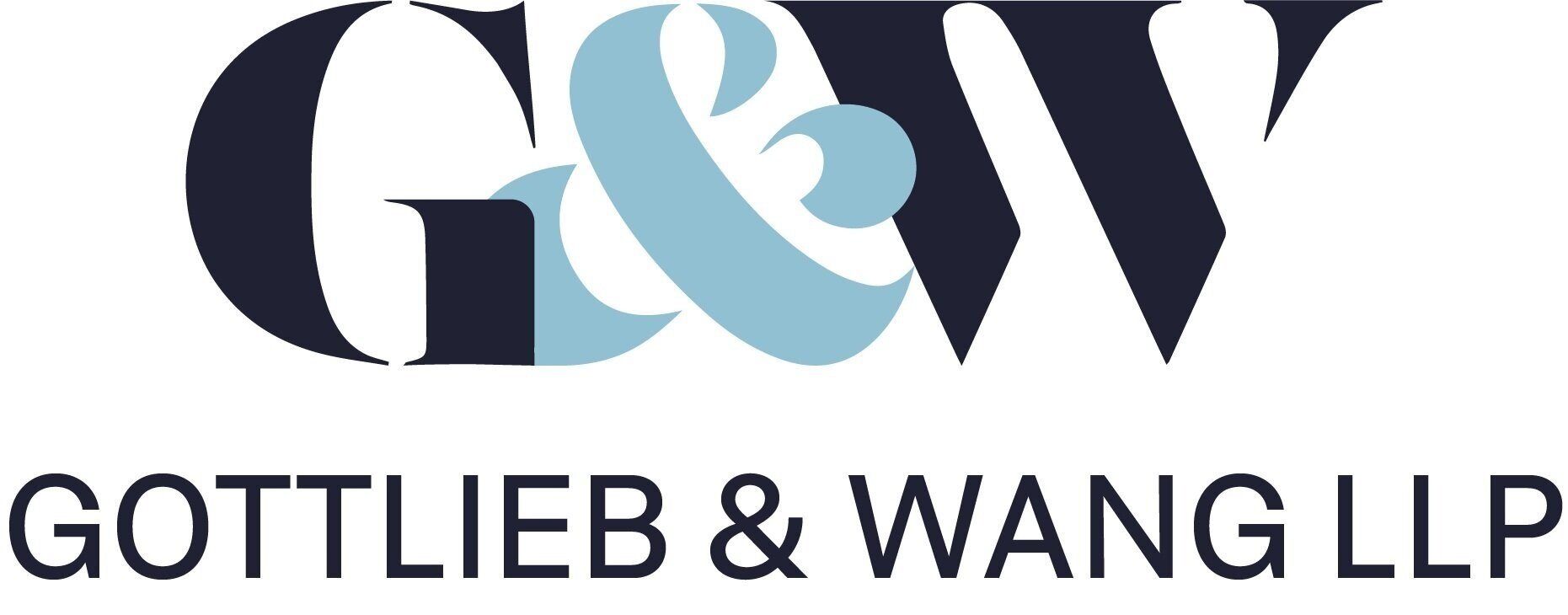To Move or Not to Move? The Dilemma for NYC Parents of Children With Special Needs
In New York City and the New York metro area, parents with special needs children have two educational options:
Live in NYC, pay lower taxes, and get their children placed in a potentially sub-par public school; or
Live in the neighboring suburbs, pay higher taxes, and have their children attend better public school systems.
Parents of children with disabilities will often choose option two, particularly because the caliber of teachers and programs can preclude the need for a private school placement.
There are exceptions to this rule — there are a number of NYC public schools that are excellent at teaching mainstream students — filling their ranks with high-quality teachers and producing well-rounded and highly educated pupils. That said, those schools are tragically few and far between in the five boroughs.
To make matters worse, even high-performing schools can fail to properly teach students with disabilities. That fact, combined with the enormous, difficult-to-navigate bureaucracy that is the New York City Department of Education, can force some parents of students with disabilities to enroll their kids into special education private schools. Unfortunately, the costs that parents incur by enrolling their children in those private schools are often greater than the higher level of taxation on property outside of NYC. Given so many unknown variables, the choice of location is challenging for many families.
Making a Decision on Location
Clearly, this process can be daunting. There are financial considerations; but most importantly, there is the ultimate question of what will be best for the child and how to meet their needs.
Two common questions for NYC parents who have children with different learning needs are (a) What school district will my child attend? and (b) Are we entitled to reimbursement if we place our child in private school? Essentially, parents have five years (from birth to pre-K) to get answers and make some decisions — including a tricky mathematical calculation:
If we stay in NYC, will lower taxes be reflected in the services we get? And if so, how will that affect our bottom line? Is it more beneficial to move outside of the City and pay higher taxes but receive a higher level of care over time?
When making these decisions, it is important for parents to remember that many of the schools in Westchester County and Long Island are among the best in the nation — often on the same level as elite private schools.
In our experience, suburban public schools run better with fewer mistakes. The flip side is that the cases are generally more difficult because the district does not usually violate a child’s rights as egregiously as the NYC Department of Education.
Moreover, the non-NYC public schools will often have more appropriate placement options to offer compared to the sparse resources in NYC. The suburban districts are more likely to offer a unique and appropriately drafted Individualized Educational Program (IEP) as a result.
Lastly, these cases are harder to win because many of the districts pay a flat retainer to an outside law firm — whereas NYC’s DOE staffs its own counsel. Since the districts are already paying a retainer, they will often litigate more cases — even those that they might very well lose — as opposed to entering into settlements.
Our clients are faced with incredibly important decisions. Getting started early and exploring options with knowledgeable parties is undeniably helpful. Contact us today with your questions.
Jonathan Gottlieb
Partner
195 Montague Street
14th Floor
Brooklyn Heights, NY 11201
Jonathan@GottliebFirm.com
(646) 820-8506


